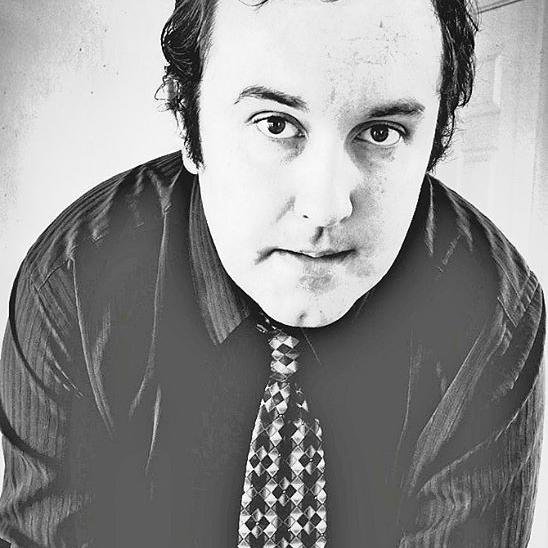On Emmett Till, Interview With Director Kevin Wilson Jr. of ‘My Nephew Emmett’
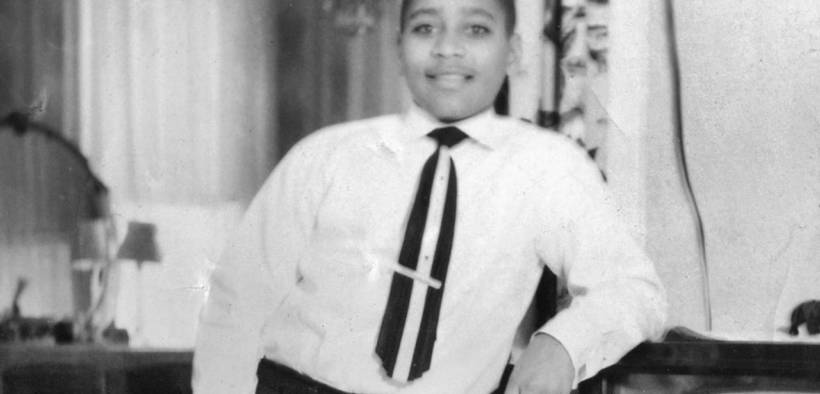
“For me, though, film is about emotion.” — Meet director Kevin Wilson Jr. of the 2018 Oscar-nominated My Nephew Emmett
I caught up with film-maker Kevin Wilson Jr. to talk influences, film and making the story of Emmett Till, and his 2018 Oscar-nominated live action short film My Nephew Emmett.
A version of this interview originally appeared in The 405.
Emmett Till was a 14-year-old African-American boy from Chicago visiting relatives in Money, Mississippi, in late August 1955 when he was abducted, beaten and shot in the head by Roy Bryant and his half-brother J.W. Milam, after allegedly whistling at Bryant’s wife Carol four days before. Carol Bryant admitted (60 years later) she was lying about her encounter with young Emmett, a lie she repeated to officials in the FBI.
In one of the grossest miscarriages of justice in American history, Bryant and Milam were later acquitted by an all-white jury of their crimes against young Emmett. This ultimately did much to galvanize the emerging Civil Rights Movement in the United States.
Wilson’s film is an eloquent look at young Emmett’s last night on Earth, told largely through the eyes of his great-uncle Moses Wright (played brilliantly by the late L.B. Williams who passed from cancer shortly after filming). Moses Wright was forced into the horrible position of trying to defend his nephew (and all those in their home) when Bryant and Milam came with guns looking for Emmett at around 2 a.m. the night of Aug. 28, 1955. Moses was 64 years old at the time. He also bravely pointed to the murderers at trial, a moment captured in the real picture below.

Moses Wright calls out Emmett’s murderers in court. Photo: Courtesy: Corbis
My Nephew Emmett is brave, timely film-making in every sense of the term. Wilson is sensitive to the tragedy and unyielding in his cinematic take of this horrible bit of American history – that the tragedy of Emmett Till may never be forgotten. It deserves the Academy Award it was justifiably nominated for.
Hello and welcome Kevin! I was hoping we could start by giving our readers an idea of your history. What got you into film-making?
Thank you for having me! I got into filmmaking in a rather unconventional way. I started off as an actor when I was 10. I did plays throughout high school and into college. When I was in college, I was told that I’d need to change my major (which was journalism) to theater and instead of doing that I decided to write my own play. I had no intention of becoming a director, I just had one story, Emmett’s story that I wanted to tell at my University.
After that play became successful on campus, I recognized the power of writing, directing, and having control of the way a narrative is structured and fell in love. I began consuming all the theater and cinema I could.
Isn’t that amazing how these thing work out? Very cool. Favorite films and directors? Which have been most influential on you as an artist?
I’m such a cinephile that I’m watching maybe two films every day, sometimes three depending on how my day is scheduled, so I have a lot of influences. It’s hard to determine who the MOST influential is. If I had to narrow it down to a few, I’d definitely say Yasujirô Ozu would be in that number. Tokyo Story for me is one of the most emotional films of all time. When I first saw the movie, I was just entering film school at NYU and my mother had been diagnosed with cancer. Ozu just did a masterful job at capturing the emotional tone of the story. It pulled me in and made me realize how important it was to capture human emotion and make relatable films that folks can connect with and see themselves in.
Spike Lee, of course, is a huge influence for me. In 2009 when I realized I wanted to be a filmmaker, I watched Do the Right Thing every day for the entire summer, I couldn’t get enough of it. I’m fortunate enough to have had Spike as a professor for the past couple of years at NYU and he mentored me on this project. He’s definitely one of the most generous filmmakers I’ve ever met. Not only does he offer great creative feedback, but he supported my project financially as well. It’s a dream come true to be able to receive that kind of support from your hero.
I’m also a huge fan of Krzystof Kieslowski and Three Colors: Blue and Dekalog, Norman Jewison, Ava DuVernay, Julie Dash, Kasi Lemmons who is also my directing professor and mentor, Hitchcock, The Coen Brothers. The beautiful thing about cinema is that there’s so much to consume and so many things can influence you at different moments. Different films and directors influence me based on the project I’m working on. In My Nephew Emmett I was influenced by David Lowery, Bradford Young, and their film Ain’t Them Bodies Saints. I was also watching The Wages of Fear by Henri-Georges Clouzot a lot to figure out how to build tension. I also watched No Country for Old Men and fell in love with their use of off screen sound to inform the tension of a scene.
Quite the interesting and eclectic choices. Love Hitchcock, Clouzot, and the Coens. What makes a great film?
Film is so subjective. A film I hate could be great for someone else. Films mean different things for different people. A movie that was a critical failure could be sentimental for someone who watched that same movie with a loved one right before they passed away. For that reason, it’s pretty hard for me to say with certainty what makes a great film. For me though, film is about emotion. I’m attracted to films that bring an emotional response out of me whether it be joy, sadness, or anger. If I’m frustrated with a character in a movie, I know I’m invested and once I’m invested, the filmmaker’s got me.
Todd Haynes does a great job of pulling me in. Far From Heaven and Carol are masterpieces in my opinion. Eve’s Bayou is another great one. From the moment we see the first frame until the end credits, we are drawn in and invested in the character’s journey. I think any film that makes me care about the character’s journey is great.
Well said, Kevin. Greatest triumphs as a film-maker?
Greatest challenges? Getting the approval of Emmett Till’s family after they watched My Nephew Emmett was definitely my greatest triumph so far. I always want to make sure I’m being respectful of those who were impacted by this story directly. At the same time, I want to make sure I’m creating work that is compelling and that is personal to me. I don’t want to make something that someone else can come behind me and regurgitate. My goal, even with films based on true stories is to tell it in a way that reflects my voice. Finding the balance between making something personal and respecting those who lived the story is always challenging.
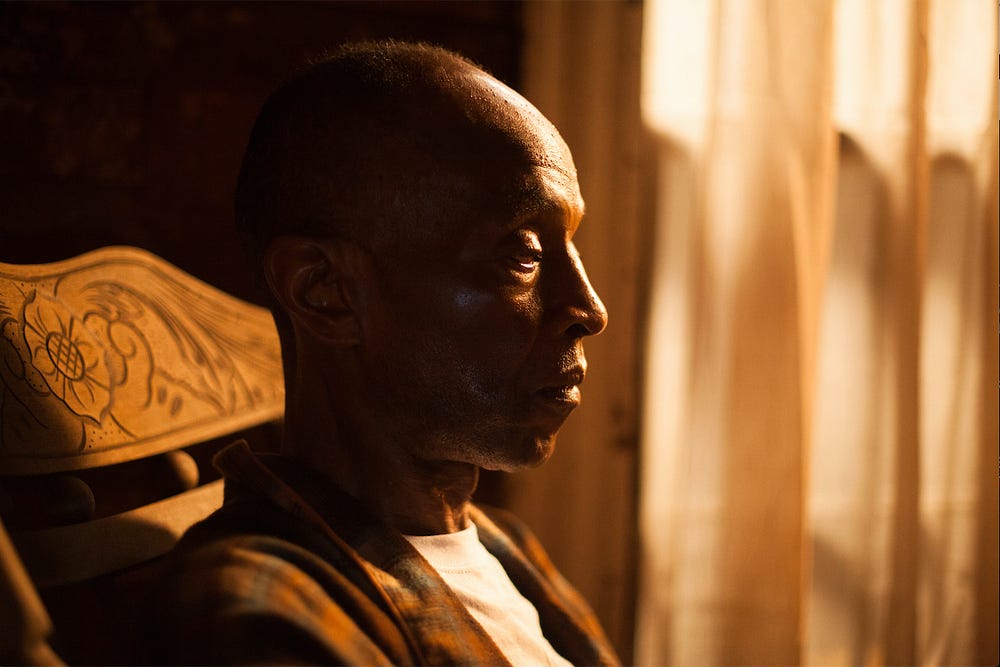
The late L.B. Williams as Moses Wright in My Nephew Emmett. Photo: Courtesy PBS/The American Experience
I think you hit that balance quite well with My Nephew Emmett. I understand seeing a picture of Till’s body at a young age deeply affected you (as I’m sure it would anyone). I’m wondering what other influences exist for the film?
My mother showed that photograph of Emmett’s body to me when I was five, and it really had a huge impact on me. Growing up so quickly, I became more aware of who I was and how folks in my direct lineage were treated in America. Because of that, I was always concerned with Emmett Till and how his death impacted the world. However, becoming a father really changed the way I wanted to tell this story. It wasn’t until I had children of my own that I really understood the strength that Mamie Till (Emmett’s mother) displayed during that time and that I understood the absolute terror Moses Wright must have felt when men showed up at his home in the middle of the night with guns drawn asking to take someone he was caring for away from him. I wanted to explore that feeling. It’s a perspective I’ve not seen often. Moses had an impossible decision to make.
L.B. Williams was really tremendous as Mose Wright. Incredibly sad that he passed from his cancer shortly after filming. It’s interesting that the story is told from his POV in huge part too. I’m sure there were mixed reactions to his part in the story at some level at the time (as he did let the men in who abducted and murdered Emmett – still, what choice, really did he have considering them being armed and Mose having the responsibility of protecting everyone else in the house to?). He did indeed have an impossible decision there – it’s just sad some people didn’t understand that. What was it like researching this story? Does more footage of the real Mose Wright exist?
There are a number of reasons why I wanted to focus on Mose Wright in this film. I think Mose Wright is a hero. He was such a strong and courageous man who made the best decision he could have in the context of the time. Had Mose not let the men into the home, had he reached for his shotgun, had he refused to show the men to Emmett’s room, everyone in that house would have been killed. That’s just a fact. There is a great deal of helplessness involved in being in that predicament. I’m a father to two young boys and the reason I wanted to tell the story this way is because I wanted to explore not only that helplessness, but the strength and courage that one must muster after being in a situation like that in order to find some sort of justice or resolve. After Emmett’s murder, Mose Wright gave an interview on camera where he identified Emmett’s kidnappers and murderers. He also pointed directly to them in a crowded courtroom in front of an all-white jury.
I couldn’t agree more – considering both the story of that night and him pointing the murderers out in open court.
Though today, these actions seem small, in 1955 it was a death wish. Mose risked his life for justice. Researching this story was tough because there are so many varying accounts of what happened. Fortunately, Simeon Wright, Mose’s son who was sleeping in the bed with Emmett the night he was abducted, wrote a book where he painted a very clear picture of who his father was and the strength he possessed. I also had a great deal of support from Keith Beauchamp who sent me some materials and primary resources that would’ve been otherwise very difficult to get ahold of. There’s other footage of Mose that lives in various archives around the country.
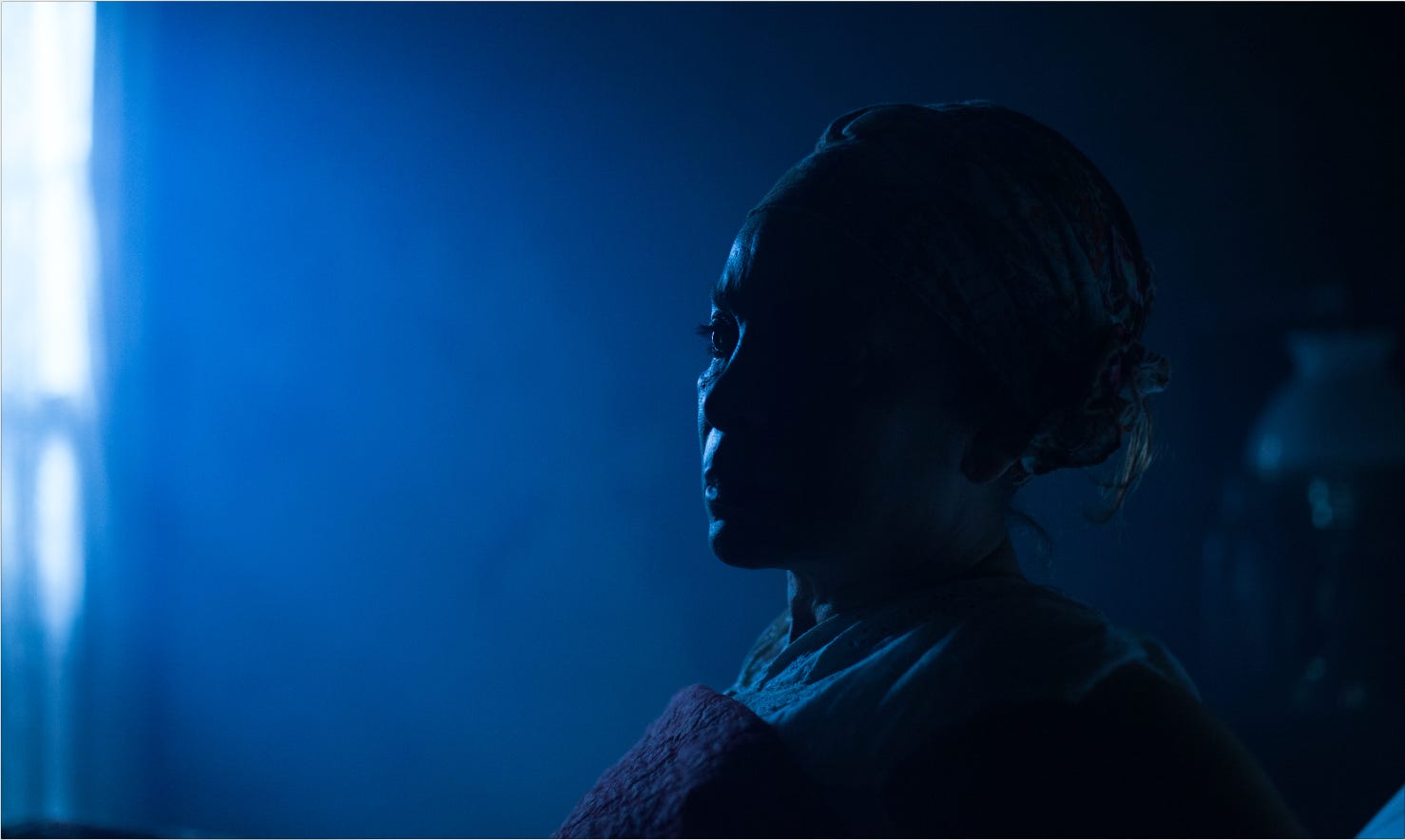
Jasmine Guy as Emmett’s aunt, Elizabeth Wright, in My Nephew Emmett.
Why do you think Emmett’s story has not been treated more in film? There really isn’t much in the way of dramatic film treatments of the very human tragedy of the Emmett Till story: just documentaries.
There’s a lot coming. I know of a few narrative Emmett Till projects being developed by various folks. I think timing is important and I think filmmakers want to make sure they get it right. I think his family want to make sure whoever does it gets it right. That takes time to develop and then of course there’s financing to be concerned with. I think the time is just right now though.
That’s good they’re ensuring they get it right. You’ve written a rather successful play on Emmett Till as well. Any plans to turn it into perhaps a feature film?
Thank you! I wrote that play as an undergraduate student at North Carolina A&T State University. We presented it in a few cities along the East Coast and I left it back in North Carolina. There’s a feature film about Emmett Till being produced by Keith Beauchamp right now and I believe they’re going into production rather soon. I’m really excited to see what they do with it. It’s been a long time coming.
What does Emmett’s story say of conceptions of justice and race in the United States? What message do you hope audiences will carry with them after seeing it?
More than anything, I think Emmett’s story demonstrates the strength that many people in this country are forced to develop after experiencing one tragedy after another. Emmett’s family unselfishly allowed the darkest moments in their lives to be consumed by the public. Mamie, Mose, Simeon, Wheeler and others involved could’ve easily said “sorry, this is a private family matter. No press, no photos, let us have privacy and peace.” Instead, they opened themselves up because they knew that Emmett’s story could change the world. And it did. Until many of his relative’s dying days, they had to relive the most horrific moment in their lives over and over again so that we could be more aware, take action, and fight for justice. That takes strength. That’s a strength I’m not sure I have yet. A sort of strength I’ll forever admire.
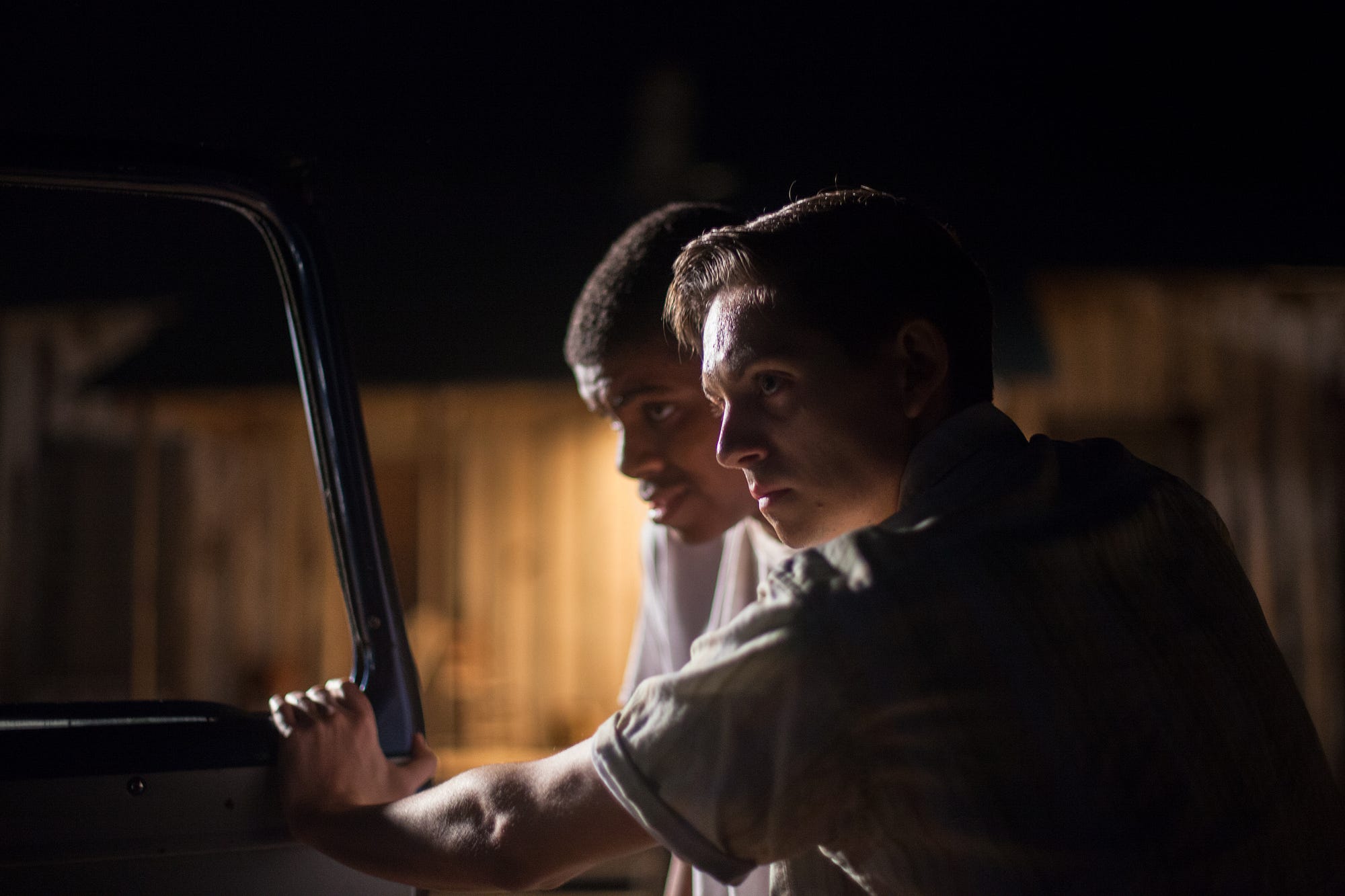
Foreground to Background: Ethan Leaverton as Roy Bryant, with Joshua Wright as Emmett Till, in My Nephew Emmett.
It really makes one ruminate on those tragedies – indeed, that strength is admirable, I’m not sure I would have it in that situation.
Last, what is next for you?
Right now I’m really focused on developing my first feature film. It’s a psychological thriller that I plan on shooting in the summer of 2018. I’m always writing, so that, when presented with an opportunity, I can jump at it!

